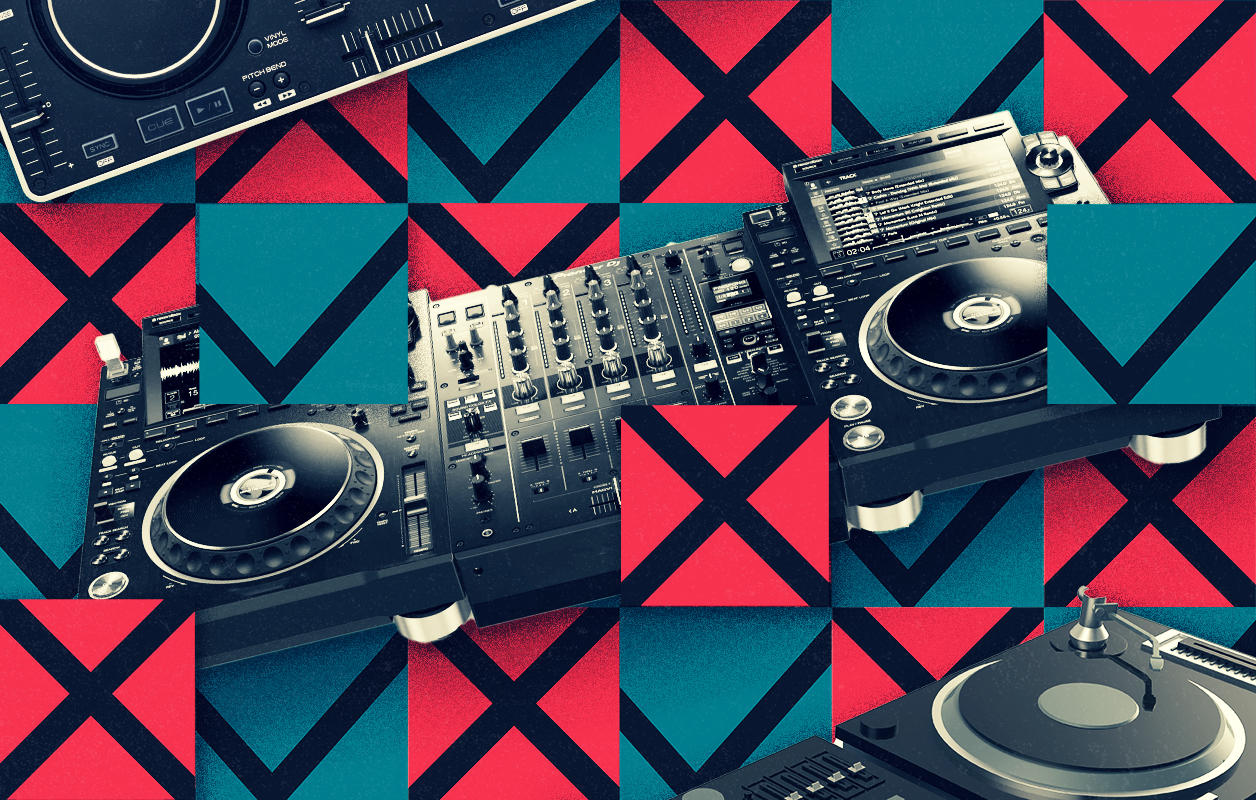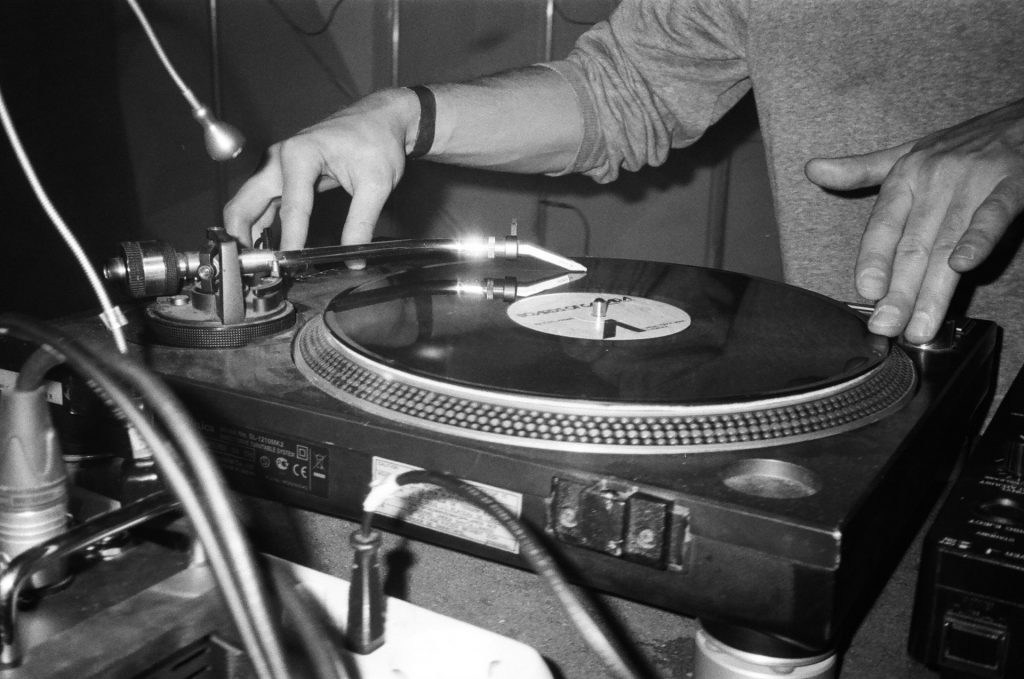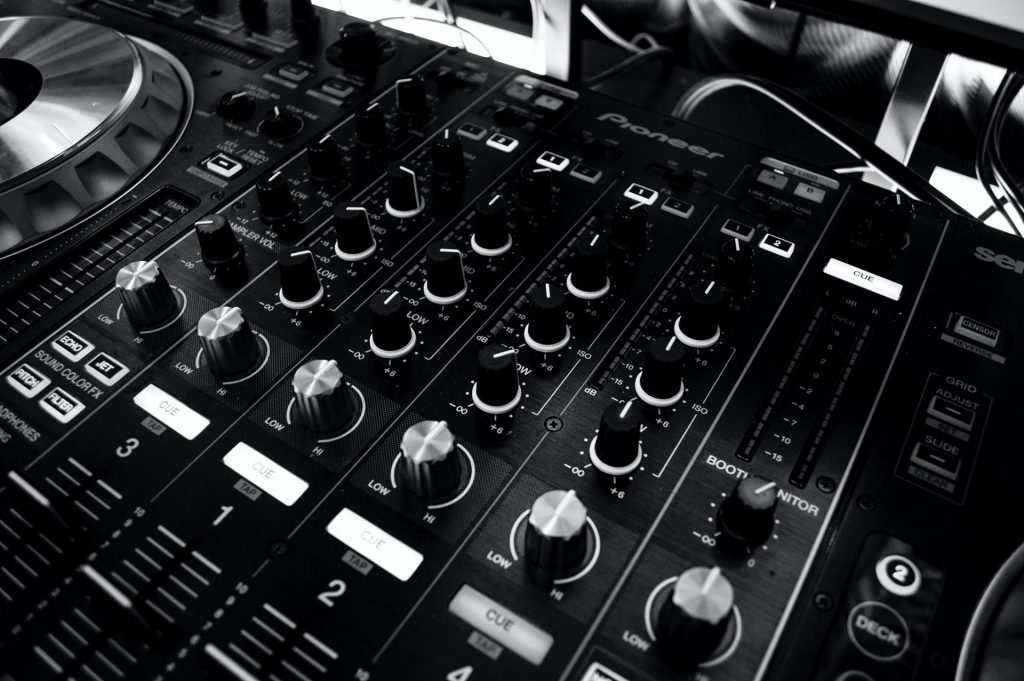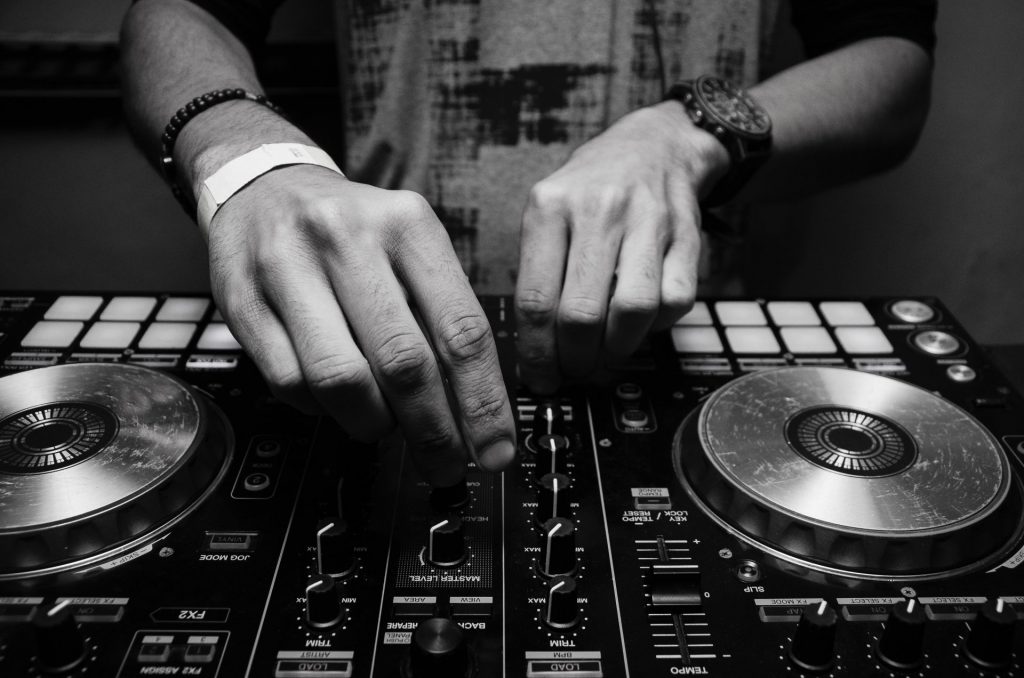
Having quality DJ gear is vital to your career. Gear can get expensive, and the worst thing is to arrive at a gig with malfunctioning gear. Luckily, if you take good care of your gear, it will serve you well, give you peace of mind, and provide your audience with a fantastic musical experience.
Here are the do’s and don’ts of caring for your DJ gear:
DO’S
DO: Research your gear before purchasing it. Read reviews to ensure that it’s reliable, easy to use, and provides a great sound.
DO: Check with the venue in advance to see what kind of sound system, layout, and electrical outlets they have. This way, you know you will have the proper cords, number of outlets, and sound equipment. If you have time, visit the venue a few days before your gig to see the layout.
DO: Make sure that your software or DJ gear is compatible with the venue’s. For example, if you use Serato, and the venue’s built-in DJ equipment is only compatible with VirtualDJ, you’re in trouble.
DO: Make sure you have the right size speaker and number of speakers for the venue where you will be spinning. It is important that people can hear the music at a good level without you having to max out your speaker’s volume.
DO: Invest in a high-frequency wireless microphone if you are going to emcee or give the microphone to guests. With a budget wireless microphone, there is only a very short distance you can move the microphone from the receiver. At a further distance, the sound will begin to clip, distort, and become muffled. High-frequency wireless microphones are more expensive than standard wireless microphones but are well worth the price difference.
DO: Bring as much backup gear, wires, power strips, and extension cords as possible. It is very common for a wire to suddenly stop working or for the venue’s outlets to be too far from your DJ controller. There’s also a chance that your hard drive or computer will crash, so it’s good to have a backup computer or alternative source of music.
DO: Bring extra needles, control vinyl, and control CDs when DJing at a venue that supplies equipment.

DO: Arrive at the venue early so you have time to solve any gear mishaps.
DO: Ask a staff member to watch your turntables or controller while you take a break or go to the restroom. If you don’t, very curious people might begin tinkering with your equipment or, worse, steal it. Alternately, make sure you go to the restroom and have all the water you need before starting your gig.
DO: Soundcheck your setup by slowly raising the volume knob rather than starting immediately at full blast. If not, you might underestimate the sound people will hear when you play the first song or damage your equipment by playing it too loud.
DO: Walk around the venue during soundcheck to hear how your sound is from all angles. Make sure that your music can be heard at greater distances and that it’s not too loud at close distances.
DO: Be careful with your arm and hand movements. DJ equipment is sensitive, and any minor unintentional knock of a fader or turntable could alter your whole sound.
DO: Turn off your controllers, CDJs, speakers, and other equipment before connecting and disconnecting the wires. Otherwise, you stand the risk of jarring people’s ears with zapping sounds or, worse, damaging your equipment.
DO: Check that your knobs are at their default settings when you begin a gig, and reset your knobs to the default settings before the next gig. This means setting your tempo slider back to zero, your effects knobs to zero, your crossfader in the middle of two turntables, your EQ knobs to the 12 o’clock position, and your master volume to zero. Otherwise, it’s possible that you will begin a gig with a sped-up song or the low-end filtered out and not realize what’s wrong until a few minutes into the set.

DO: Consider investing in a dolly to carry all your equipment at once rather than having to transfer each piece individually.
DO: Get to know the art of stacking and packing. When you transfer your gear on a dolly, make sure to arrange it so that nothing slides off. When you load your equipment into your vehicle, load less delicate items like speakers first, and turntables and computers on the top. Also, if you have a smaller vehicle, figure out ways to pack your equipment so that there is no unused space.
DON’TS
DON’T: Be penny-wise and pound-foolish. It is better to spend a little more money on quality gear with excellent sound than to have poor quality sound and unreliable equipment. It is more cost-effective to have happy clients, and gear that lasts several years, than to constantly be replacing cheap gear and dissatisfied clients.
DON’T: Update your operating system on your laptop without making sure your DJ software will support it.
DON’T: Leave your gear unattended. Consider hiring or asking a friend to help you unload and set up for a gig. You can also ask the venue if you can park as close as possible to where you will perform. Chances are, they will be flexible. If you trust the staff at the venue, you can also ask them to briefly watch your gear while you pull your vehicle to the loading zone.
DON’T: Leave your gear overnight in your vehicle because heat and cold could damage the equipment, or you could be a victim of theft.
DON’T: Leave your gear out in a dusty or moldy area. Invest in a cover for your equipment when you are not using it.
DON’T: Leave your gear in direct sunlight or too hot a room.
DON’T: Keep any food or drinks on or near your DJ equipment. It is far too easy to spill drinks and damage your DJ gear.
DON’T: Let kids or your friends get behind the turntables to observe or experiment with your equipment. Politely tell them to stay on the dance floor.

DON’T: Blast your speakers or DJ equipment at full volume. It may cause the sound to distort, or, even worse, it might blow your sound system completely. To get a good volume, it is better to gain stage each part of your sound system than to crank up the volume on one piece of equipment. For example, turn up the fader on your DJ controller a little, then turn up the master volume a little, and then turn up the speaker’s volume a little. The signal from your controller or CDJs should not be in the red.
With proper care, your DJ gear will last you for years and serve you well in your career. Thinking about your gear may not be as fun as thinking about your next song, but it will certainly help you in the long run!

